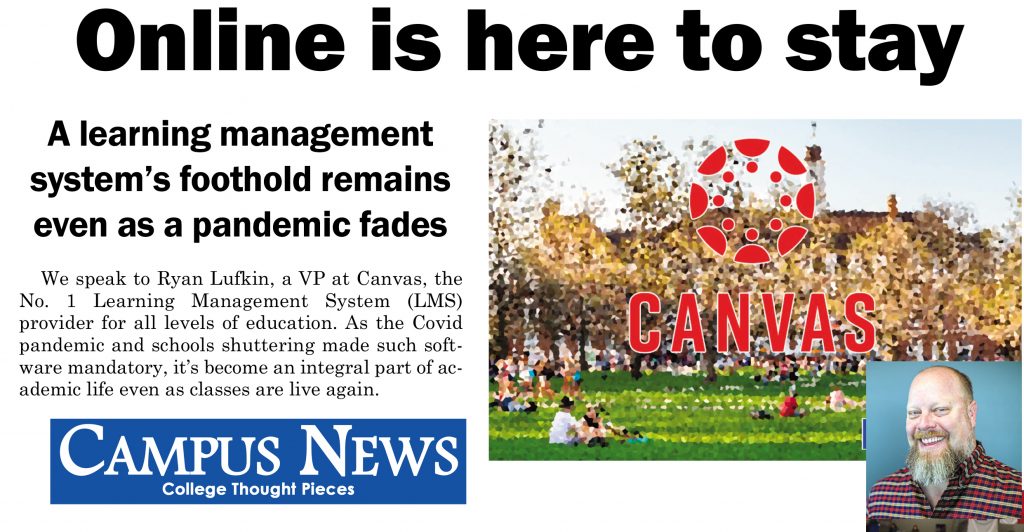By Aumma Begum
Campus News
Asking “what is your major” is a popular question that many college students ask one another upon meeting. As students from more “practical” majors such as Business and Engineering try to grasp why others major in the Humanities, conversations often get heated. One of the most looked-down upon majors within Humanities is Philosophy. When Philosophy majors utter their major, people often ask, “What are you going to do with philosophy?” The worst of all is when they ask “everyone knows how to think, so what is the point of philosophy if it only teaches how to think?” The aim of this article is to emphasize how philosophy helps us in our everyday lives.
The word “philosophia” derives from Greek and it means the “love of wisdom.” It is considered the mother of all sciences, as thinking rationally and providing evidence for claims is required for all the other sciences. Philosophers made the first attempt to understand the world and make sense of our universe.

A philosopher who sums up the purpose of life is Aristotle, who makes it clear that the purpose of life is to be happy. In other words, we wake up, wash, and eat. Some of us go to school to get a degree so we can have better-paying jobs after we graduate because we want to be financially secure and enjoy comfortable lives all to be happy. It is, then, clear that behind every act of inquiry lies an attempt to be happy. Whether we are aware of it or not, behind every act lies advantages, even if some of it turns out to be harmful in the long term.
According to Aristotle, there are three criteria that should be met to judge if something makes us happy or not. The three criteria are (1) chosen for its own sake, (2) self-sufficient and (3) choice-worthy. If we can say that we are in college because (1) we genuinely want to be in college, (2) the reason we are in college is independent of its own, and (3) that being in college is the best thing to do at this time, then we are fulfilling our human function – to be happy. Otherwise, we are wasting our time and money when we could be doing something meaningful. In addition, when we are happy, we contribute to the overall happiness of our community. If what we are doing right now does not make us happy, then we should reconsider our duty and do what would make us happy. This very simple yet essential philosophical idea can take us a long way to a better and happier future for all.
Another thing that philosophy teaches is to broaden our horizon by opening our minds to different perspectives. Consider Rene Descartes, who came up with a few basic rules for what counts as knowledge. In the 1600s, Galileo disproved the geocentric theory by providing evidence for the heliocentric theory. Descartes slowly realized that facts he thought to be true were false. He then decided to make up axiom that anyone can use to justify true knowledge from false claims. In his “Meditation on First Philosophy,” Descartes writes that since much of our dreams seem so vivid, how do we know that we are not actually dreaming in this life? The answer he gives is that he must exist for him to doubt his existence. Therefore, even if he does not exist in reality, he must exist somewhere else metaphysically where he is dreaming of the known world. Descartes concludes with complete certainty that he exists. From this singular knowledge, he continues to search for truth and shows us how hard it is to prove something with solid evidence. By the end of the Sixth Meditation, he claims to prove many things as facts such as the existence of God and the concern of evil.
Descartes teaches us something very simple: not to judge so easily. He reminds us that many of the claims made by experts can be mere assumptions, yet we put our faith in them anyway. If we take Descartes’ advice, then we would be more open-minded to being wrong and appreciate other ways of thinking. Accepting that we are wrong is not a crime. Philosophy would lead us to have more tolerant leaders who would make political decisions based on evidence instead of whim, bias, and assumptions. Everyone knows how to think, but some ways of thinking are better than others just as some opinions are worthier than others.
Philosophy gives us the skills to make wise decisions, which makes this major very practical because making wise decisions via critical thinking are necessary for all jobs. Some of the jobs that best fit this major are working in law firms, civil services, publishing companies and much more. Majoring in Philosophy would be excellent for people who wish to go to law school. In addition, Philosophy is good preparation for graduate school as it teaches intense analytical writing. For these reasons, every college student should take an introductory philosophy class to gauge interest.








My father received his MA in philosophy from Fordham University. He was an accountant. There was a great line in “That ’70s Show” (which took place in Wisconsin) when Foreman’s sister decides to be a philosophy major, he says to her, “That’s great! Because they just opened that philosophy factory in Greenbay.” I’m afraid I’m with the naysayers on this one.